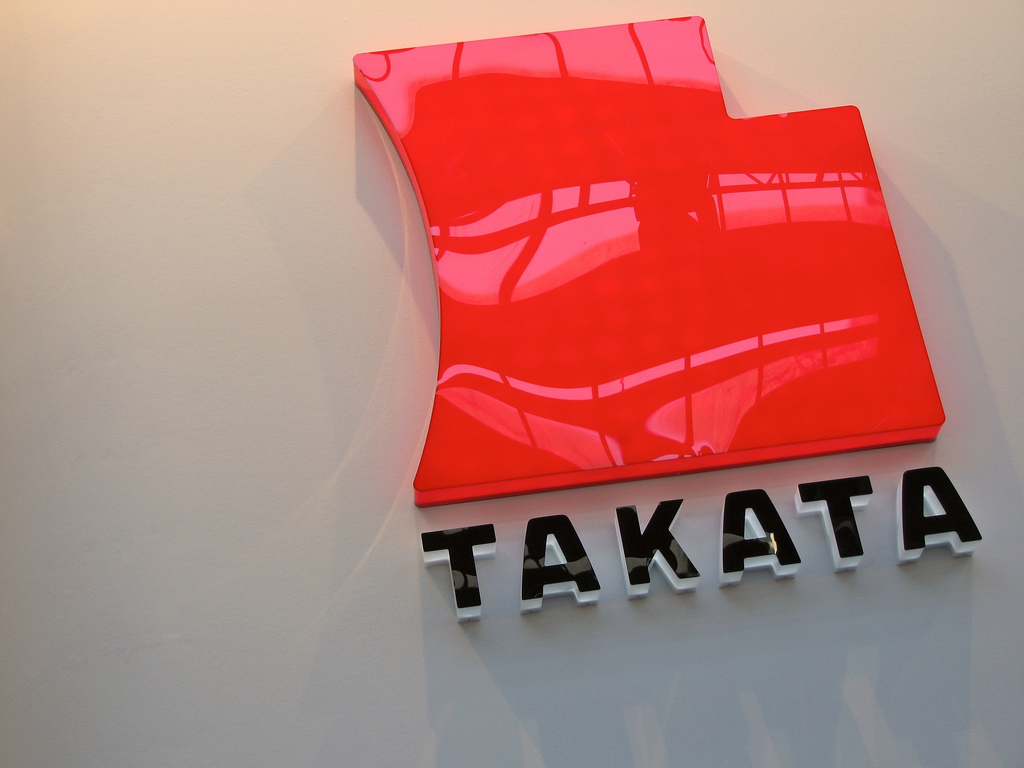Manufacturer recalls for October 2020
Here is the list of all major recalls announced around the globe in the past month.
At the beginning of this year, Toyota announced a recall affecting 695,541 Lexus and Toyota vehicles due to a faulty fuel pump. Three months in, they added another 1.1 million vehicles to this recall. And now, they are expanding it even further by adding another 1.52 million vehicles to it. These vehicles may have a faulty fuel pump that may stop operating, leading the vehicle to stall. The dealers will be replacing the faulty unit with a new unit. The complete list of the affected models is:
- 2013-2015 Lexus LS 460;
- 2013-2015 Lexus GS 350;
- 2014 Toyota FJ Cruiser, Lexus IS-F;
- 2014-2015 Toyota 4Runner, Land Cruiser; Lexus GX 460, IS 350, LX 570;
- 2015 Lexus NX 200t, RC 350;
- 2017 Lexus IS 200t, RC 200t GS 200t;
- 2017-2019 Toyota Highlander; Lexus GS 350;
- 2017-2020 Toyota Sienna and Lexus RX 350
- 2018-2019 Toyota 4Runner, Land Cruiser; Lexus GS 300, GX 460, IS 300, IS 350, LS 500h, LX 570, NX 300, RC 300, RC 350;
- 2018-2020 Toyota Avalon, Camry, Corolla, Sequoia, Tacoma, Tundra; Lexus ES 350, LC 500, LC 500h, LS 500, RX 350L
- 2019 Toyota Corolla Hatchback and Lexus UX 200
- 2019-2020 Toyota RAV4

Volvo’s new electric car division, Polestar has announced two different recalls for their Polestar 2 sedans. The first recall is due to a software glitch that can lead to a complete power loss. The cars can stop running if this happens. They added that “Brakes, steering and other systems are working as they should.” The recall will apply to all 2,200 Polestar 2 vehicles delivered to date. Later they announced another recall for the Polestar 2. This time, they are replacing a “faulty inverter.” They have also initiated a service campaign that will offer several updates for the electric sedan. The car isn’t sold in the UAE and GCC yet.

VW recalled 218,000 Jettas to fix fuel leaks that can lead to fires. The sedans affected are from the model year 2016 to 2018. In some documents published by U.S. safety regulators, VW says that faulty bolts that hold some high-pressure lines can loosen up over time, leaking fuel. A fix for this problem is not yet ready but VW will soon start notifying the owners of these vehicles by the end of this year. Meanwhile, if a customer suspects a leak or smells fuel, they should contact the nearest VW dealership.

If you bought a Mercedes-Benz GLE or GLS recently and ticked the box for the illuminated three-pointed star, you may be interested in this recall. Mercedes Benz is recalling 12,799 GLE and GLS SUVs fitted with this feature as there is a glitch in its electrical system. The electrical ground for the system may not be properly positioned, which not only disables the illuminated logo but can also completely shut down other systems that share the same connection. This includes major systems like power steering, driver-side headlight and the wiper motor. According to the U.S. NHTSA, 9,642 examples of the 2020 GLE and GLS SUVs are affected by this recall. At the service centre, the ground will be relocated to a different position.

BMW and Mini are recalling almost all of the plug-in hybrid vehicles they delivered in 2020 due to a fault with their batteries. The affected vehicles include 2020 and 2021 530e, X3 xDrive30e, and Mini Countryman, Coupe and Convertible variants of the 2020 BMW i8, 2021 models of the 330e, 745 Le xDrive and the X5 xDrive45e. These vehicles may have debris inside their lithium-ion batteries that can contaminate their cells, as per the NHTSA. This debris can cause short-circuit, increasing the risk of a fire. A solution to this issue is not ready yet. Until a fix is readied by the end of this month, the customers are asked not to charge the battery pack, not to drive in manual mode, sport mode, and not to use the paddle shifters.

Takata’s airbag recall lead to one of the largest recalls ever in the automotive world. Now, there may be a Takata seatbelt recall at the horizon. U.S Automotive component maker Joyson Safety Systems (JSS) had taken over the now-bankrupt Takata’s factory at Hikone, Japan in April 2018. They have now said that they are investigating some inaccuracies in Takata’s seatbelt test data. The Japanese transport ministry has asked JSS to submit an investigation report. “JSS is currently reviewing available and relevant data over a 20-year period on a test-by-test and product-by-product basis,” the global communications director for JSS, Bryan Johnson states. The ministry also alerted the automakers to prepare for a seat-belt related recall. Once the investigation is over, we will know how many cars and brands will be affected by the recall.

Ferrari’s V12 Grand Tourer, the 812 Superfast is being recalled as it is possible for the rear window of 1,063 units of the GT to fall off. The problem is attributed to incorrect bonding that may reduce the adhesion. Models from 2018 to 2020 model years are being recalled for this issue. The rear windows of these vehicles will be replaced.
Not all recalls apply to GCC-spec cars. Contact your local dealer for clarification if your car appears on this list.

There are no comments. Be the first!